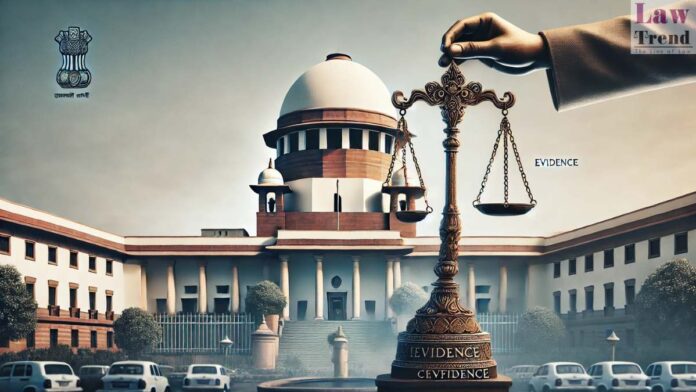In a significant ruling that provides relief to countless consumers, the Supreme Court of India has corrected a legislative anomaly in the Consumer Protection Act, 1986. A bench of Justices J.K. Maheshwari and Rajesh Bindal held that a drafting error in a 2002 amendment had inadvertently left a gap regarding the enforcement of final orders
To Read More Please Subscribe to VIP Membership for Unlimited Access to All the Articles, Download Available Copies of Judgments/Order, Acess to Central/State Bare Acts, Advertisement Free Content, Access to More than 4000 Legal Drafts( Readymade Editable Formats of Suits, Petitions, Writs, Legal Notices, Divorce Petitions, 138 Notices, Bail Applications etc.) in Hindi and English.




